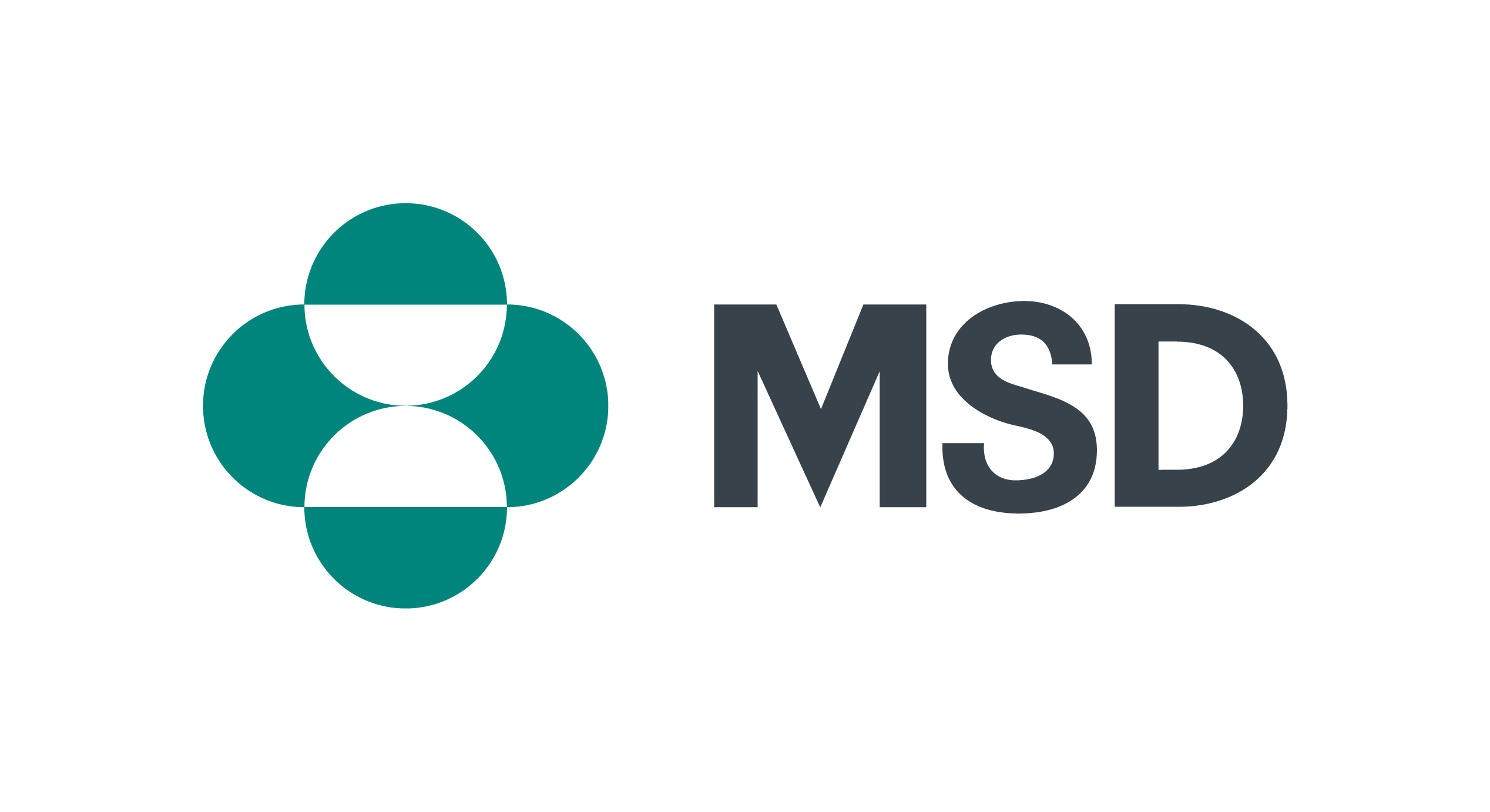Patient Group Mentoring programme
Launched in 2018, the Patient Group Mentoring programme is a tailored mentorship programme dedicated to building capacity of a representative cohort of patient groups at the regional level.
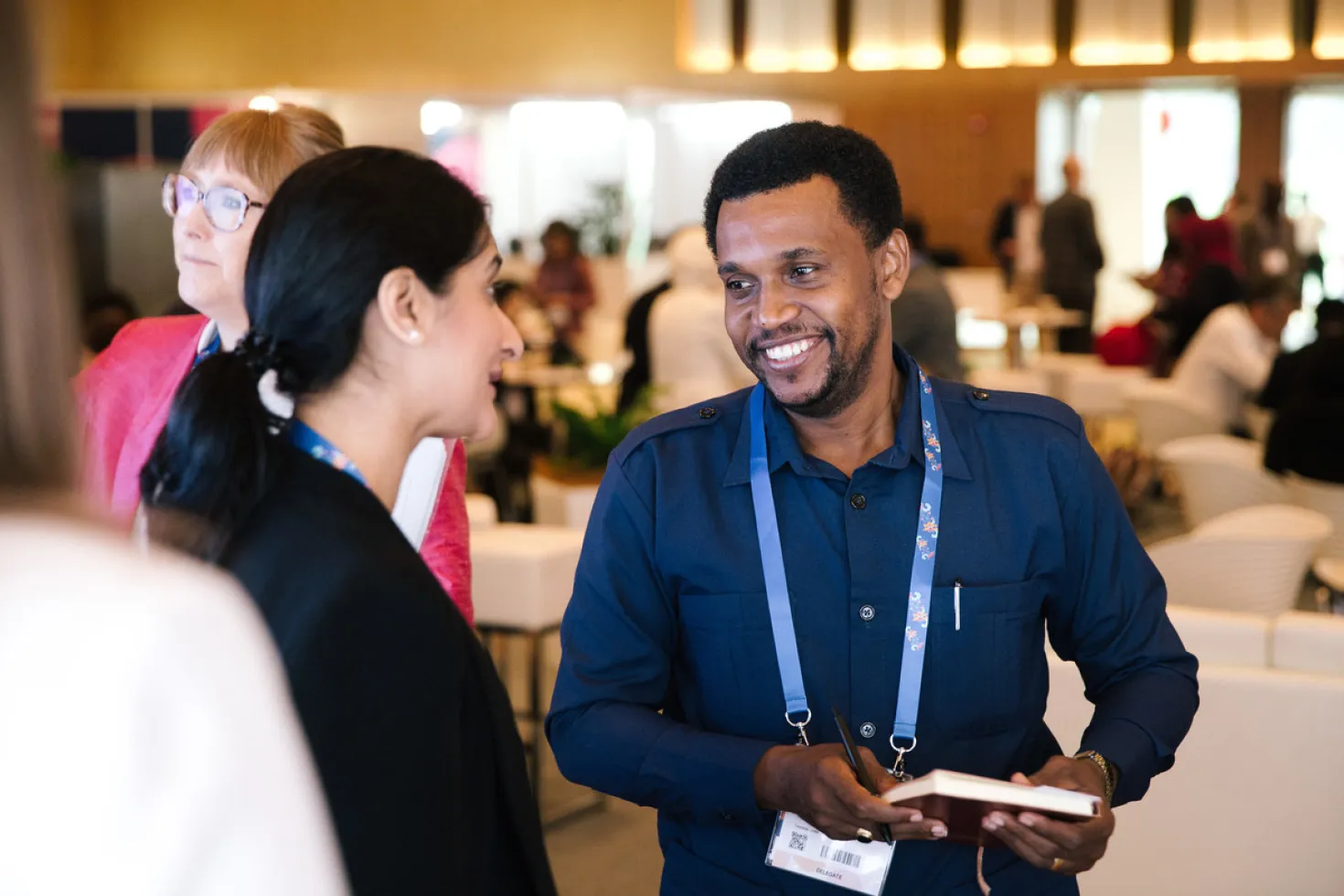
The programme works with patient-led organisations that encounter barriers to accessing opportunities, yet demonstrate both the foundational capacity to engage and strong potential for growth within their region and beyond.
Its primary goal is to ensure that patient groups are meaningfully engaged and recognised as key partners within the cancer community and across health systems—locally, regionally, and globally. By offering tailored support to access capacity-building opportunities and fostering connections among patient groups, UICC adapts its approach to meet the specific needs of organisations in each region.
Objectives
- Increase peer-to-peer support and collaborations between patient groups through dedicated activities and platforms
- Maximise the representation of patients’ voices in the cancer community at the regional and global level
- Ensure access to UICC capacity building opportunities and other membership benefits, through tailored assistance and development of dedicated activities.
- Connect patient groups with key relevant initiatives at the regional and global levels, through a mapping of opportunities and connections with partners and stakeholders
How does the programme work?
In each region:
- Patient groups are invited to apply to join the programme. Selection criteria are based on needs, geographical and cancer type representation, level of development, potential for growth and minimum capacity to engage in capacity building opportunities (e.g. basic level in English is required).
- All groups complete a needs assessment and have the opportunity to flag additional needs as they arise. On this basis, a mapping of regional and global opportunities (from UICC and from other stakeholders in the region) is defined and shared with the groups.
- A virtual collaborative platform is made available for groups to share their activities and access resources. In some regions, additional social netwoking is also established, to increase interaction and to facilitate the exchange of information.
- UICC coordinates regular virtual meetings (monthly) for all groups to share information, collaborate and showcase opportunities. A dedicated programme of collective activities is coordinated by UICC, such as webinars on specific topics deemed relevant (e.g. digital fundraising or advocacy).
- When possible, UICC capitalises on convening activities (from UICC and other stakeholders) at the regional level to ensure that patient groups participate in these events and represent the voice of cancer patients in key regional cancer events.
Interested in joining the programme?
Benefits from the programme
Sponsored full membership
- Have a voice in regional and global cancer control fora, share the patient perspective by engaging as speakers, contributors or participants.
- Access a full range of adapted capacity building opportunities, including learning through Master courses, Virtual Dialogues and other activities
- Gain more confidence in engaging with other stakeholders in their own setting
- Share experience and knowledge with peers at the regional and global levels
- Access tailored assistance and materials for creating momentum on relevant dates, particularly through World Cancer Day
- Be part of convening opportunities such as the Virtual Dialogues, World Cancer Congress and World Cancer Leaders’ Summit
- Benefit from outreach about key opportunities from UICC, its members, partners and network (e.g. City Cancer Challenge, NCD Alliance)
- Be informed about key global commitments in cancer control (e.g. Global Strategy on cervical cancer elimination or the Cancer Resolution)
- Be connected with a network of 1,200 cancer organisations worldwide
The programme in the regions
The programme is currently being implemented across three regions: Asia Pacific, Eastern Mediterranean, and Africa. To explore more about the programme in each region, we invite you to visit the dedicated pages:
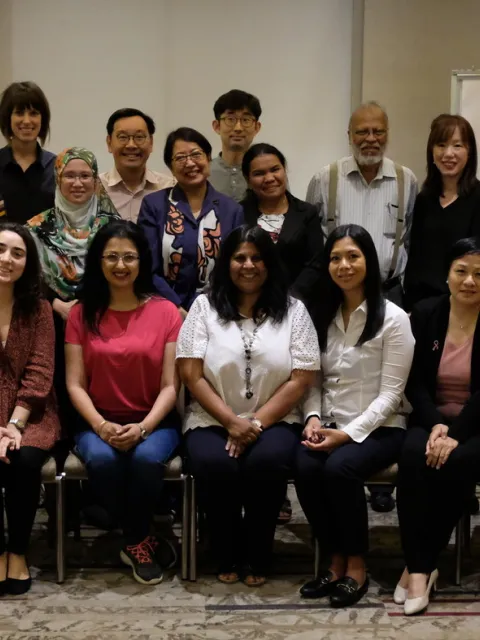
Launched in 2018 as a pilot initiative to respond to a voiced need in the Asia Pacific (APAC) region, the programme aims to ensure that patient groups have the knowledge, capacity and connections to make a difference in their own health systems and beyond.
Patient Group Mentoring programme in the Asia...
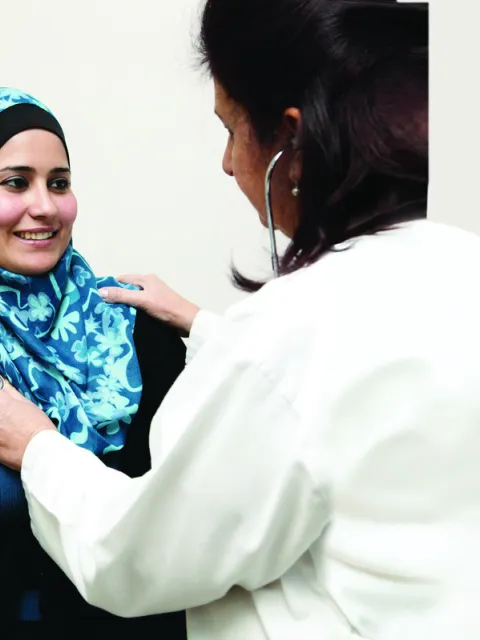
This regional programme is part of the broader Patient Group Mentoring Programme.
Patient Group Mentoring programme in the Eastern...

This regional programme is part of the broader Patient Group Mentoring Programme.
Patient Group Mentoring programme in the African...
The Patient Groups Mentoring programme is kindly supported by MSD and Roche.
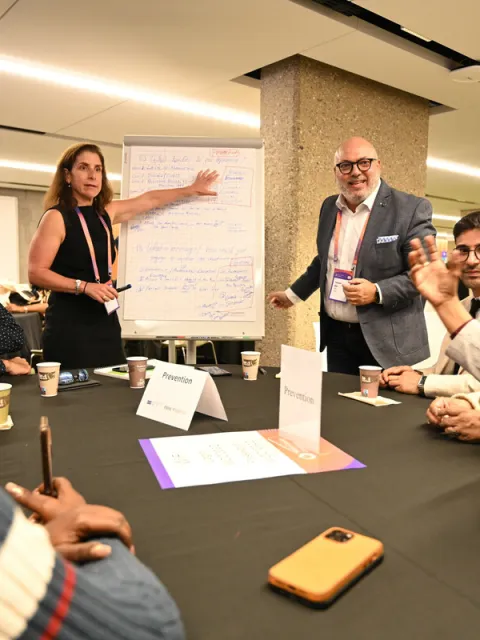
Fostering an influential cancer community with the skills, knowledge, networks and resources to achieve effective cancer prevention and control.
Learning and development
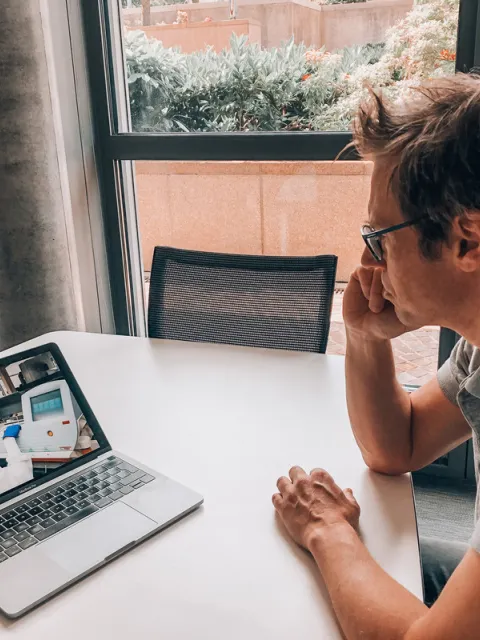
UICC has been supporting the continuing education of cancer control professionals through online learning since 2014.
Online learning
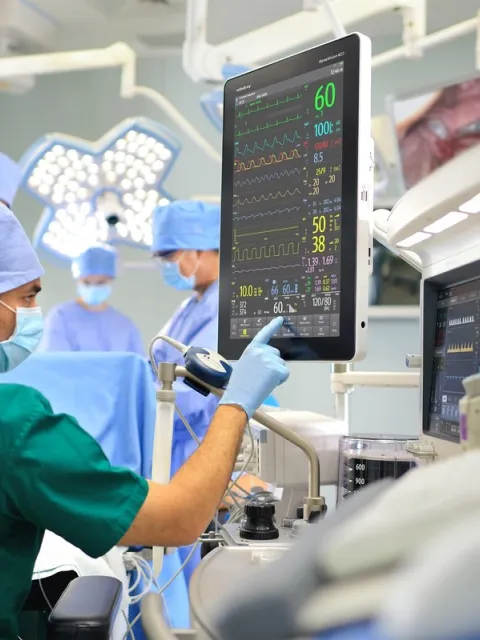
UICC has a long history of building capacity for cancer organisations globally through grant making.
Grants
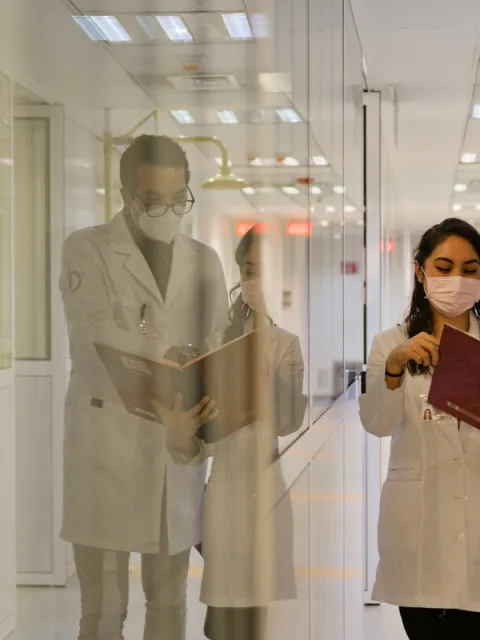
Established in 1962, the Fellowships is one of UICC's oldest and most established portfolio of programmes.
Fellowships
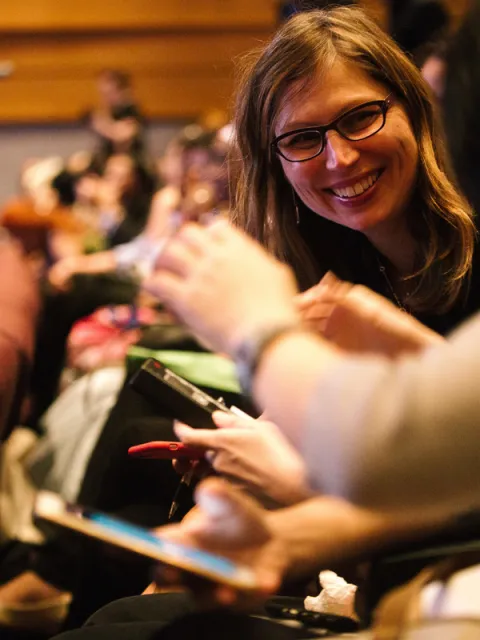
The UICC's organisational leadership workstream aims to strengthen leadership and management capabilities of cancer organisations and their staff through learning resources, access to experts and opportunities for peer-exchanges.
Organisational leadership
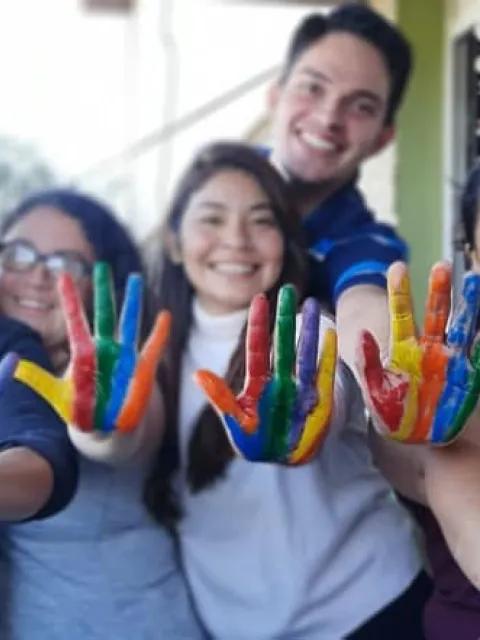
UICC’s Cancer Advocates programme supports civil society organisations (CSOs) from low- and middle-income countries to strengthen the skills, knowledge, and networks needed to drive effective national advocacy for improved cancer control. The programme materials are available in English, French and Spanish.
Cancer Advocates programme
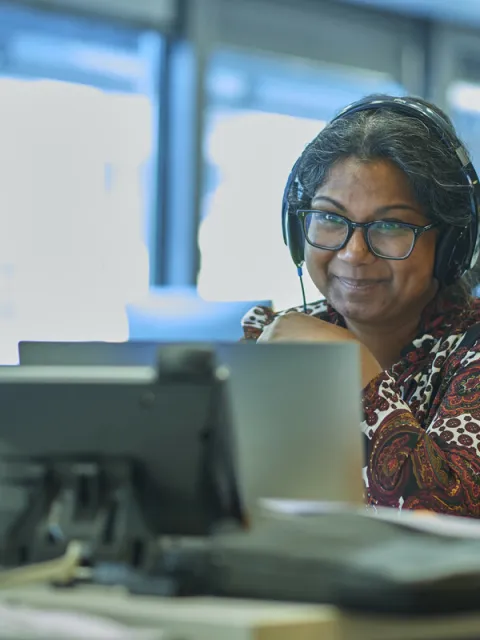
UICC's Virtual Dialogues provide members, and the cancer community, with regular opportunities to connect, exchange knowledge, access expert insights, and share solutions from the comfort of one's office or home.
Virtual Dialogues
Last update
Tuesday 02 December 2025
